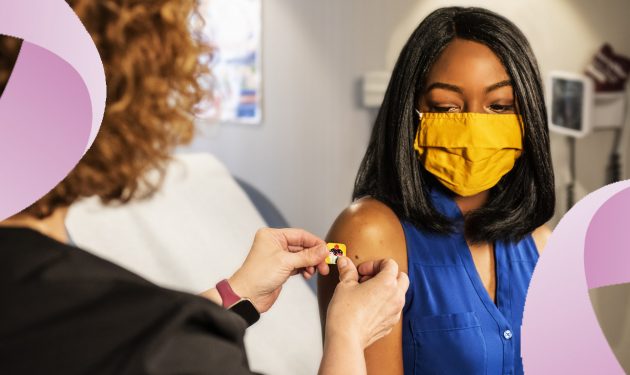16th December 2018
Painful Periods
Sometimes there isn’t a reason why some women have more painful periods than others, but often there is. And even if everything is normal, we can always do something to alleviate the pain. Consultant Gynaecologist Narendra Pisal explains why some women get painful periods, how to ease the pain, and when to worry it’s something more serious.
The most common reasons for painful periods are:
- Endometriosis: This is where the inner lining of the uterus is inside the abdomen causing painful periods (and sometimes also pain during sex)
- Fibroids: These are common benign (non-cancerous) lumps of the uterine muscle, which can cause painful and heavy periods.
- Adenomyosis: This is where the lining of the uterus is in the wall of the uterus and can cause of bruising during periods which is painful.
- Heavy periods with clots are often painful too.
- Hormonal imbalance is often the cause when there is no other physical explanation.
The best ways to alleviate painful periods are:
- Always see your doctor to discuss your symptoms.
- Simple painkillers can help, but don’t underestimate the power of a hot water bottle.
- Prescription medications such as Tranexamic Acid (reduces the amount of bleeding) and Mefenamic Acid (great for relieving spasms) are very effective.
- Taking the combined contraceptive pill often can make the periods lighter and less painful.
- If these simple measures are not helpful, it is best to see a gynaecologist for an assessment and a pelvic ultrasound scan.
There are a few signs that the pain could be more serious. These are:
- Intensity: If you need to take constant painkillers or cannot do your day to day activities, you need to seek medical attention.
- Associated symptoms: such as fainting, loose motions, painful motions, vomiting also indicate that you need to see a doctor.
- Taking time off work/school: If your periods are affecting the quality of life in a major way, it is important to take steps to alleviate the symptoms.
- Heaviness of periods: If the pain is associated with heavier periods with clots and flooding, that can indicate a physical problem such as uterine fibroids.
- Pain during sex: Deep pain during sex associated with painful periods can sometimes indicate a condition called Endometriosis.
If you are experiencing any of these symptoms or concerned about painful periods see your GP or gynaecologist or call us on 0207 10 11 700.



